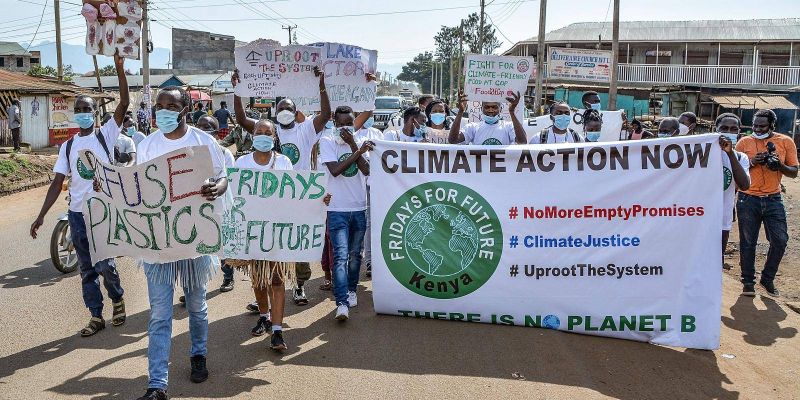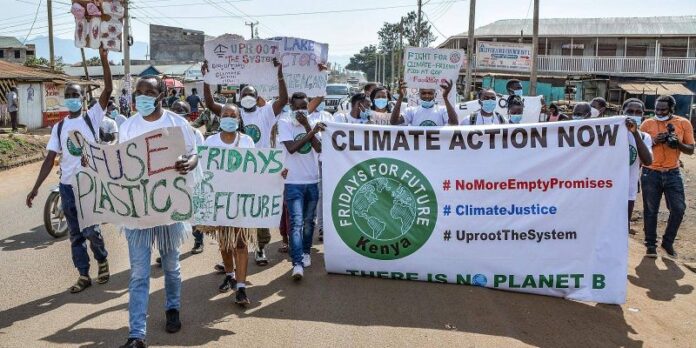By Juliet Akoth
Nairobi, Kenya: Journalists covering climate change stories in Africa have been urged to localize their stories for easy understanding by their audiences.
During a Zoom meeting organized by Pin Africa recently, African Journalists were reminded of the need to Africanize the narrative on climate change and the key components to be mindful of when reporting on this issue.
Kate Okorie a freelance science journalist from Nigeria, noted that journalists should focus on breaking down complex information and numbers in regard to climate issues and instead use channels like art and music which people relate to in order to amplify the messages they want to pass across.
“Just saying the loss and damage fund agreed upon at COP27 is good for people is not enough to pass the message to locals. You need to take a step further and explain in detail how the fund is going to help them directly” she said.
She also reiterated the importance of data journalism in telling climate stories as it allows for the illustration of large sets of data using graphics such as graphs and charts that facilitate a better understanding of concepts.

Similarly, Hamza Egal, a climate justice and social impact expert on his part underscored the importance of solutions journalism in addressing the problems facing the global south. “In the test of climate change, Africa finds itself at the mercy of history’s recklessness & as the seedbed of innovation & resilience; the challenge lies in turning the tides of a crisis not of its making into an opportunity for growth and restoration,” Egal noted.
This is because for the longest time stories with negative messages have dominated the headlines but reporting on challenges alone cannot change the problems we are facing. Therefore, this means that members of the press should focus on going out there and finding solutions to our problems.
“There is a need to be more vibrant on responses to various problems, disclosed Kiundu Waweru, a project manager at Internews.
Participants were also advised to work closely with scientists and researchers. Furthermore, lack of resources was highlighted as a major setback for most journalists in reporting on climate issues.
A top-to-bottom approach was proposed to help with engaging various stakeholders from government officials to local communities at the grassroots level. The more knowledge they have on this issue, the more they are likely to see the need to support efforts to mitigate the effects of climate change.
Despite Africa contributing only four percent of all global emissions, countries within this continent have borne the brunt of the adverse effects of climate change. Yet stories heard and read about the topic are mostly from journalists in the Global North.














